The use of special measures to stop the virus is necessary, even though this impinges on individual privacy rights, if the data is deleted after a short time.
The coronavirus crisis is putting the decision-making system at the national level to a tough test. Not only is this a severe crisis due to the loss of life that could be substantial if the wrong decisions are made, but the problem itself is not exactly well-defined, there have been no previous attempts at finding a solution, and it is extremely difficult to learn from the experiences of other countries due to varying circumstances.
Israel’s situation is unique, because:
- Israeli demography is special. Different groups have difference attitudes towards the risks.
- Alongside its extremely high-quality medical care, Israel’s nursing infrastructure is big enough to deal with the crisis.
- Israel’s ability to fully control entry to and exit from the country differs from that of continental European countries.
- The export-based Israeli economy is robust, and must continue to face both the challenges presented by the corona crisis and its security challenges.
- Due to the security threats it faces, Israel has a unique set of tools and capabilities, in both intelligence and technology, some of which can be utilized in the mission to defeat the pandemic.
As part of the fight to curb the spread of the coronavirus, a debate has arisen over the use of surveillance technology to monitor the movements of those infected with the virus and anyone who came into contact with them. This issue illustrates the complexity of decision-making during such an extreme crisis.
This complexity stems from the unresolvable tension that exists between the extent to which civil rights and privacy can be compromised and the measures that need to be taken in order to improve the state’s ability to attain the goal of “public health,” in particular preventing numerous people from becoming infected. There is also reason to assume that success in this mission will contribute to a reduction in economic damage.
What does the technology offer? It helps to accurately detect where those people identified as having contracted the virus have been, and to locate anyone who was in their immediate vicinity during the time when they were potentially contagious. Isolating everyone who was around the infectious person leads to them, in turn, infecting less people, even if they themselves have caught the virus. This is what is referred to as “flattening the curve,” or lowering the R0 – meaning that one sick person will infect less people than he or she would without any measures in place.
In terms of maintaining public health, this is a supremely important mission, because the less contagious and sick people there are, the better the health system can care for those who are ill. The flattening of the curve leads almost directly to fewer severely ill patients who require ventilators, and therefore also to fewer deaths (“almost” because elderly people and those with underlying health problems fall severely ill at higher rates, and the tracking mechanisms do not differentiate between the young and the old).
It is therefore clear why, for the healthcare system, which is responsible for this most important task, the ability to monitor movements is critical and essential to fulfilling its mission. It will save many lives.
But at the same time, there is no doubt that this involves an infringement on the privacy of these patients and the people who were unknowingly around them. Now, the “tracker” (the General Security Services and perhaps the Ministry of Health) will know where they were and when, though they have done nothing wrong nor broken any law. For some, this may be a serious violation, because for whatever reason they may not want anyone to know their whereabouts, and their only “sin” was being in the same vicinity as a person with corona.
Theoretically, the security and health authorities now have data from thousands of unwitting citizens, and those with access to this information will be able to misuse it for anything from commercial use to extortion.
The concern that has been expressed regarding the use of this data by political actors seems to me (based on my long experience) completely baseless given the reality in Israel. Politicians have no way of accessing this information, and no security official would cooperate with them in any such dark scenario. Very rarely, in the last forty years that I have been involved in one form or another with the security organizations with these tracking capabilities, have there been any leaks.
However, in order to keep any damage to a minimum, it is necessary to ensure that all of this data is erased after a period of time, say two to three weeks, after the time required to ascertain who is infected and who is not. It is also clear that any data that has been collected from the tracking mechanisms will be used only to locate these individuals in order to quarantine them, with none of the information gathered being transmitted to any government or private body, or even to family members. All communication based on the data collected will be carried out only with the owner of the telephone, and not with any other person.
If this is how the information is handled, and if it is destroyed immediately afterwards, any damage to people’s privacy will be minimal, and the benefit of preventing infection may be significant. The benefit in this case, it seems to me, is worth the harm caused, but it is an illustration of a complex problem in which every decision made is difficult and imperfect.
JISS Policy Papers are published through the generosity of the Greg Rosshandler Family.
photo: Bigstock

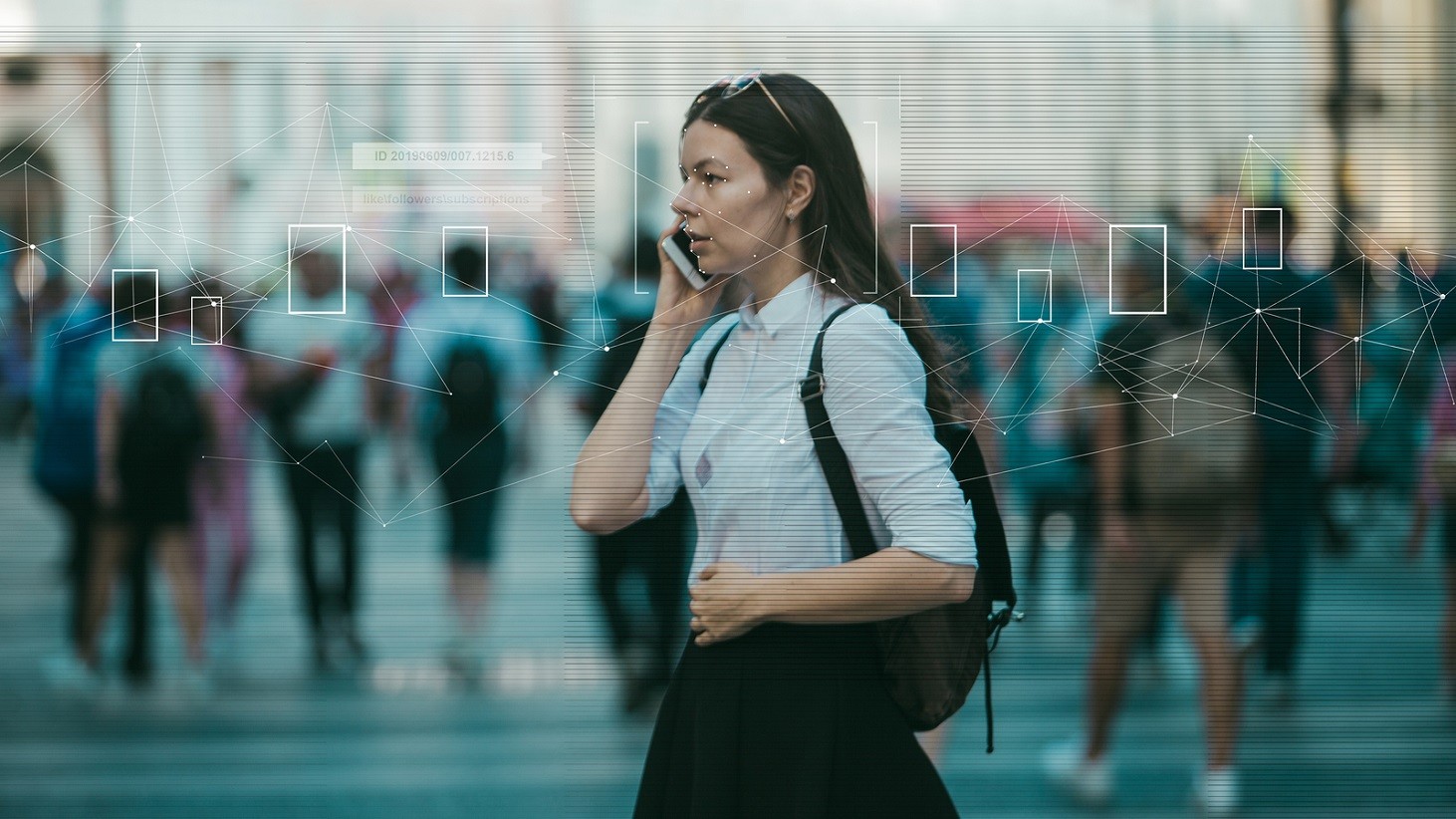
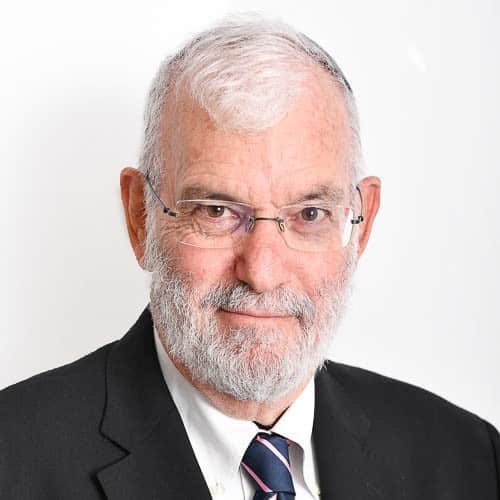
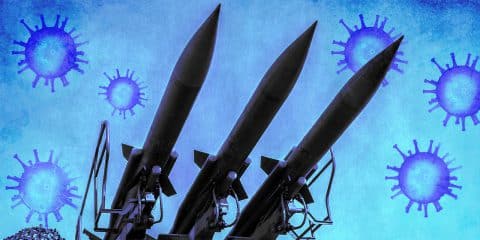

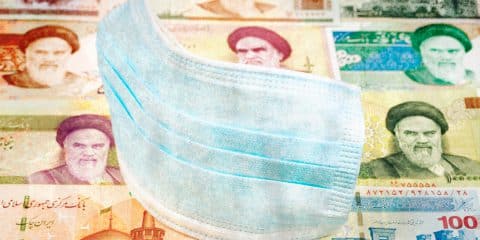
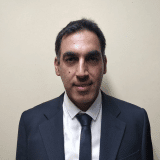
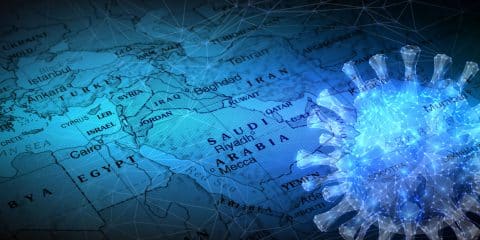

 - בניית אתרים
- בניית אתרים